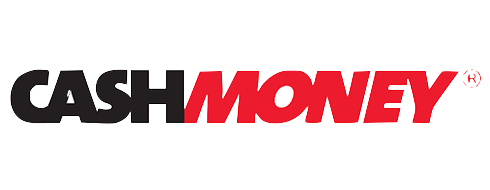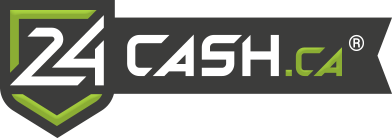What is debt consolidation?
Consolidation is the process of merging several things into a unified whole. Debt consolidation is a strategy adopted by people with multiple debts by acquiring a new single debt to pay off existing debts.
This new debt then reduces creditors and becomes the single source of debt, leading to a reduced interest rate and a new repayment schedule. It makes repayment easier and relieves you of the stress of juggling multiple debt payments every month. Consolidating your debts also improves your credit by merging your debts into one monthly payment. It prevents missed and late payments that can affect your credit score.
Debt consolidation is a great way to manage your debts. You should consider consolidating your debts if you can get a lower interest rate. It helps you save money that would have been spent on Interest rates.
How do you consolidate debts?
Debt Consolidation Loans
Banks, Online lenders, and credit Unions provide loans for debt consolidation if you have difficulty managing your debts, on specific terms.
A debt management plan
This plan reduces the interest rate you pay, lowers the monthly payments, and completely eradicates the debt in a few years. This is majorly offered by nonprofit credit agencies. You send the monthly payment to the credit agency. They then distribute it to the credit card companies in agreed-upon amounts until the debts are completely paid up.
Loan Plan
Loans are the most utilized means of consolidating debt. The choice of a debt consolidation plan to embark on should be based on research. Does the solution it offers fit into your budget and time frame? The ratio difference between your debt and income should also be put into consideration. You can also get a home equity loan, a personal loan, or a credit card balance transfer. You may also borrow from friends or a savings or retirement account.
Each plan is designed for a different situation, so be sure to check the eligibility and requirements and also the pros and cons of each. There is a cost attached to each type of consolidation. It could be an increasing interest on loans, or monthly fees on debt management plans, or taxes and fees applying to debt settlement.
Factors to consider before consolidating your debt
In deciding on whether to consolidate your debts, here are certain factors you must first note before taking any step.
How much do you owe?
Start by figuring out how much you owe. Make a list of the debts you want to eliminate and add up the entire amount. It will help you decide on the best consolidation plan to choose.
What is the Interest rate on all of those debts?
After knowing the entire amount of your multiple debts, calculate the interest rate on each of those debts and document it. Each credit card will have a different interest rate with a different balance, so the number you are looking for is the weighted average interest rate.
Time duration of the debts
When are you expected to pay each of those debts? How about the deadline for the payment? Knowing this will help you decide on the amount to borrow.
Affordable monthly payments
Remember that beyond paying back the consolidated debts, there are other needs to be met. Make a plan for your usual monthly expenses so you do not start accumulating debts again.
Apply for a consolidation loan
Start by comparing your loan options. Banks, Online lenders, and credit Unions all provide loans for debt consolidation. Reach out to them to know their terms and structures.
While applying for a consolidation loan, note that the lender will put two things into accounts. First is the existing amount of debt you currently have, then your credit score and your credit history. To qualify, you will need good credit. Consider the terms of these loans and decide on which one best suits you. Study the terms attached and ensure you clearly understand and can meet up with them.
Pay off the other debts
Remember that you are borrowing to clear multiple debts. Pay off all your old debts immediately so you do not spend the money on other things. It will also prevent the accumulation of further interests on the loan. Check your accounts and ensure that every debt has been paid up. Also, contact each creditor to confirm the settlement of the debt. Debt consolidation does not erase the original loan, so ensure that you stick to the payment cycle and terms of the loan. A payment to one source, Once a month.
Mistakes to avoid while choosing and making your consolidation plan
Every form of consolidation requires you to make monthly payments, which means you must have a steady source of income. You must also be creditworthy. Lenders regard your credit score as the most obvious sign of your creditworthiness
Before settling for any consolidation plan, Seek professional advice. Research your options. Whether Secured or Unsecured Loans? Low-interest personal loans? Zero-interest balance transfer cards? Debt management? Or Debt settlement?
Understand Which plan works best for you, Do your homework. Look into and address the root cause of the debt. How smart are your financial decisions? Where does your money, or assets go?
Conclusion
This article has examined what debt is and has given insights into how to consolidate debt. Seek professional debt counseling with a credit counselor or other qualified persons to get expert advice. This will help you not to slip back into debts right after consolidating one.









